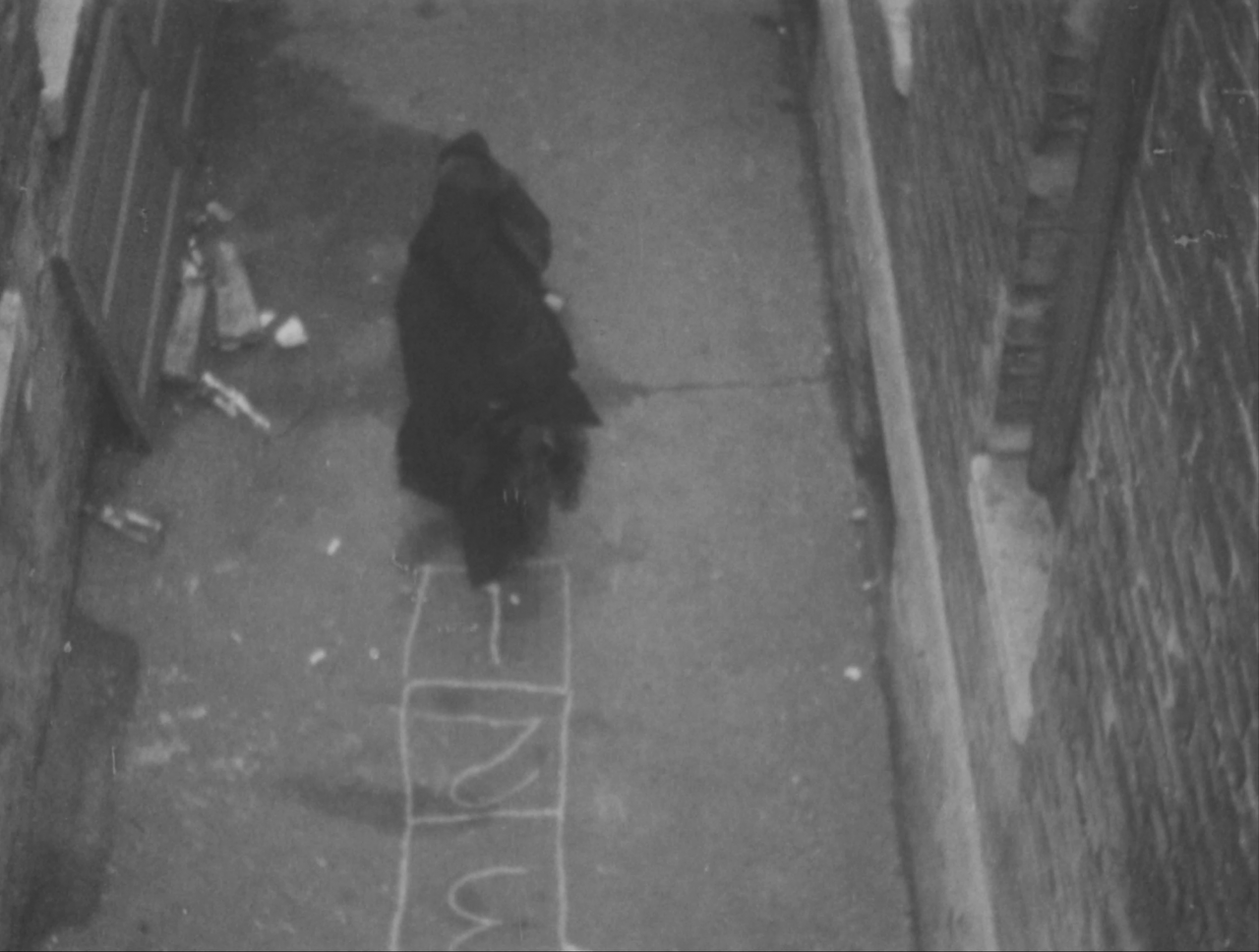Friday, March 17 – Sunday, March 19
Light Industry
361 Stagg Street, Suite 407, Brooklyn
Tickets are pay what you can ($10 suggested donation), available at door.

Organized with curator Go Hirasawa and Light Industry, this weekend of screenings serves as the conclusion to the current exhibition Yasunao Tone: Region of Paramedia. Tone is best-known as a composer, an artist who, among other innovations, advanced the aesthetic potential of compact discs by physically altering their surfaces, yet he also helped ferment the radical film culture of Japan in the 1960s through his many collaborations, and made his own significant contributions to expanded cinema. Included in this selection are films that feature Tone as on-screen performer, such as Crazy Love, an ecstatic romp through the Shinjuku underground, and Shelter Plan, a parody of Cold War atomic anxieties from the collective Hi Red Center, as well as movies to which he added remarkable, unorthodox scores.
To conceive the soundtrack for Kenji Kanesaka’s Hopscotch, for instance, Tone organized a happening in which participants responded to the multivalent word hiku (to subtract, to take, to pull), and from these responses proceeded to assemble a composition whose tones were modeled on principles of color subtraction. For Dada 62, the typical pattern of soundtrack generation was reversed: beginning with Tone’s graphic score, Takahiko Iimura then interpreted the piece with his projector as part of a “film concert” at the Naiqua Cinematheque. Another notable partnership yielded Tone’s music for Masao Adachi’s Galaxy. The first work to screen at Tokyo’s Theatre Scorpio (named after Kenneth Anger’s Scorpio Rising), the film is a landmark of Japanese experimental cinema, a series of hallucinatory episodes whose strangeness is amplified by Tone’s shifting arrangements of tape effects, radio snatches, ritual sounds, wailing sax, and insistent percussion.
The weekend will conclude with a presentation of Peter Kubelka’s stroboscopic Arnulf Rainer and a rare live performance of Molecular Music, in which Tone processes the projection as audio via screen-mounted light sensors. “The screen did not show any images,” a young Tone wrote after first seeing Kubelka’s work, “but sometimes shone brightly and disappeared, along with a crisp, pulsating noise—that is all you could hear…But what I actually saw was something else. It was the audience flickering from moment to moment inside the theater, like scenery illuminated by flashes of lightning.”
Tickets - Pay what you can ($10 suggested donation), available at door. Please note: seating is limited. First-come, first-served. Box office opens 30 minutes prior to screenings. No entry 10 minutes after start of show.
Please note: seating is limited. First-come, first-served. Box office opens 30 minutes prior to screenings. No entry 10 minutes after start of show.